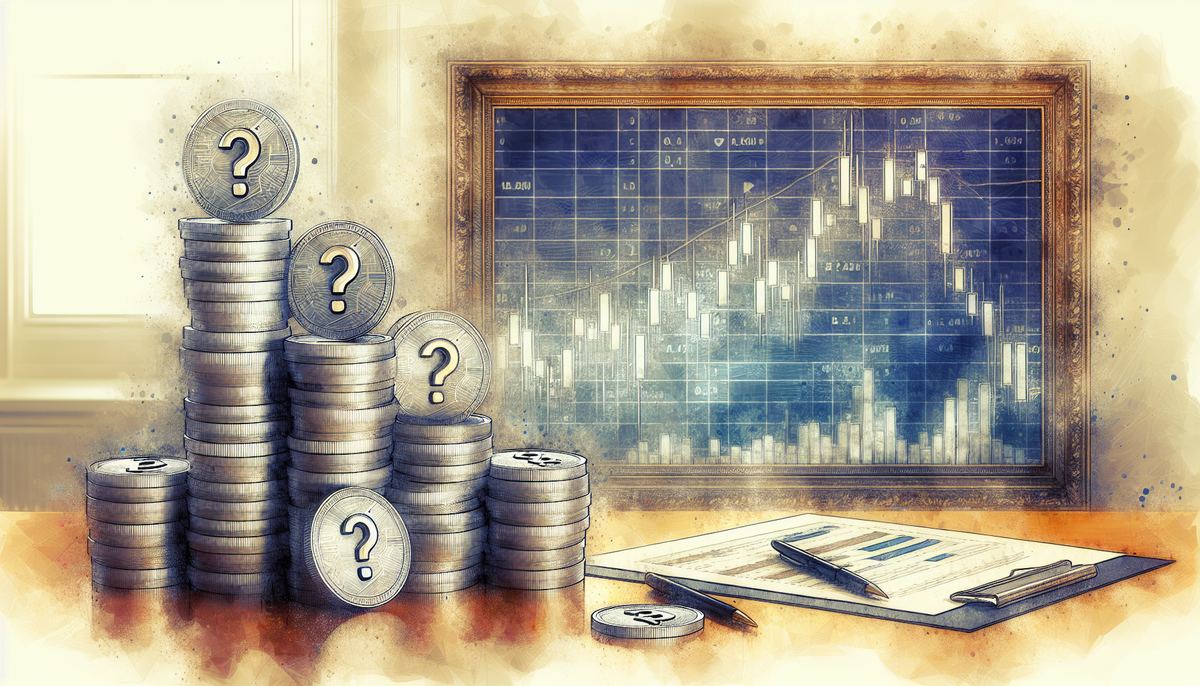Bitcoin in the eyes of the law is a contested subject. Nobody really knows the true status of Bitcoin, simply because it’s a decentralised, unregulated entity. By definition, it has no legal protection. Indeed, within some countries Bitcoin does exist within a vague legal framework but still the international consensus is that Bitcoin and other cryptocurrencies are not yet defined by any concrete laws or legal contract.
Is this a good thing, or a bad thing?
The essence of Bitcoin is that it was created to allow people to take control of their own finances and their own money, away from central governments and central banks. Therefore, the design of Bitcoin is such that it actively tries to remain unregulated and uncontrolled. Since Bitcoin has not been produced by a bank or an agency, legal policymakers have nobody to turn to in order to establish policies against it. It’s a good thing because within this, Bitcoin is staying true to its roots and still remains a tool of empowerment that allows people to operate financially, in a way that they can control. On the other hand though, this does mean that often, Bitcoin receives very little to no protection, the same goes with other cryptocurrencies too. Investors, seem to be very much on their own when it comes to dealing with their Bitcoin.
What does this mean for my Bitcoin?
You probably ask yourself this on a regular basis, but what does decentralisation and a lack of regulation mean for my Bitcoin holdings? Firstly, it means you are responsible for it. You’re responsible for it’s security and it’s legitimacy and you’re responsible for protecting it from the volatility of the markets (by trading Bitcoin in a safe manner). To many however, the idea of whether or not you can actually ‘own’ your own Bitcoin is contested, therefore a lack of regulation could mean that within the law, people may not own their own Bitcoin. According to Dave Michels of Queen Mary University of London, one legal expert has broken this down in order to discuss exactly why you might not actually own your Bitcoin.
As reported by Science Alert:
“There's more bad news for cryptocurrency investors to worry about: they may not legally own the digital assets they have purchased. My colleagues and I have recently completed research showing that courts in England and Wales are unlikely to identify digital tokens as property, since the law does not recognise possession of intangible items. This means that cryptocurrency holdings may not qualify as property at all.”
Whilst this research has taken place within the UK, similar conclusions can be drawn based on legal definitions within the United States, Singapore, Hong Kong and parts of India too. The problem within Bitcoin ownership exists within the definitions of common law, namely personal property and real property.
Personal property
“Personal property includes rights over two categories of things. First, there are ‘things in possession’. These are tangible items which you can physically possess and transfer to another.
The £20 note in your pocket is a thing in possession. Second, there are ‘things in action’, a mixed category of rights that can only be claimed or enforced by legal action. This includes debts, rights under contract, and intellectual property. The £20 you have deposited at a bank is a thing in action, because the bank owes you a debt of £20.”
 https://soundcloud.com/cryptodaily/bitcoin-ownership-what-you-need-to-know
https://soundcloud.com/cryptodaily/bitcoin-ownership-what-you-need-to-know
That £20 debt owed by the bank, is protected by law because it has included the exchange of personal property, a physical item recorded on a physical ledger. Bitcoin and other cryptocurrencies are not classed as personal property as they are not ‘things in possession’ as objects that only exist in digital form, cannot be possessed.
Real property within law covers land ownership, so this is irrelevant to Bitcoin.
What does all of this mean?
So, according to Michels and this research, it does seem that within UK law, and the other countries mentioned, it’s impossible to consider cryptocurrency as a possession because it is solely and electronic product. This is different to other products such as game and video downloads, as these are available in physical formats too, formats that can be physically possessed. So, what is the next step?
“In future, the law could extend property rights to digital tokens, for instance by recognising a new category of virtual-thing-in-possession – but this would probably require new legislation. For now, the property status of digital tokens remains an ‘area of doubt’, as one of the UK's Supreme Court justices recently put it. So caveat emptor: bitcoin buyer, beware.”
Do I own my Bitcoin?
In the eyes of some small areas of the law, no, probably not - but then on the other hand you can own the private key needed to access your Bitcoin and of course, the wallets that contain your Bitcoin, therefore I wouldn’t worry about this too much. What this does demonstrate however is the urgent need for some legislation to exist, otherwise debates like this can only go on unsolved. There needs to be a solution that legally protects Bitcoin and the entire cryptocurrency industry whilst allowing it to flourish, and for that to happen, old draconian laws and legislation need to be updated and revitalised based on the fact that Bitcoin is a part of a disruptive and growing industry, one that is set to over take the world of traditional finance and FIAT currency for good.
Investment Disclaimer







